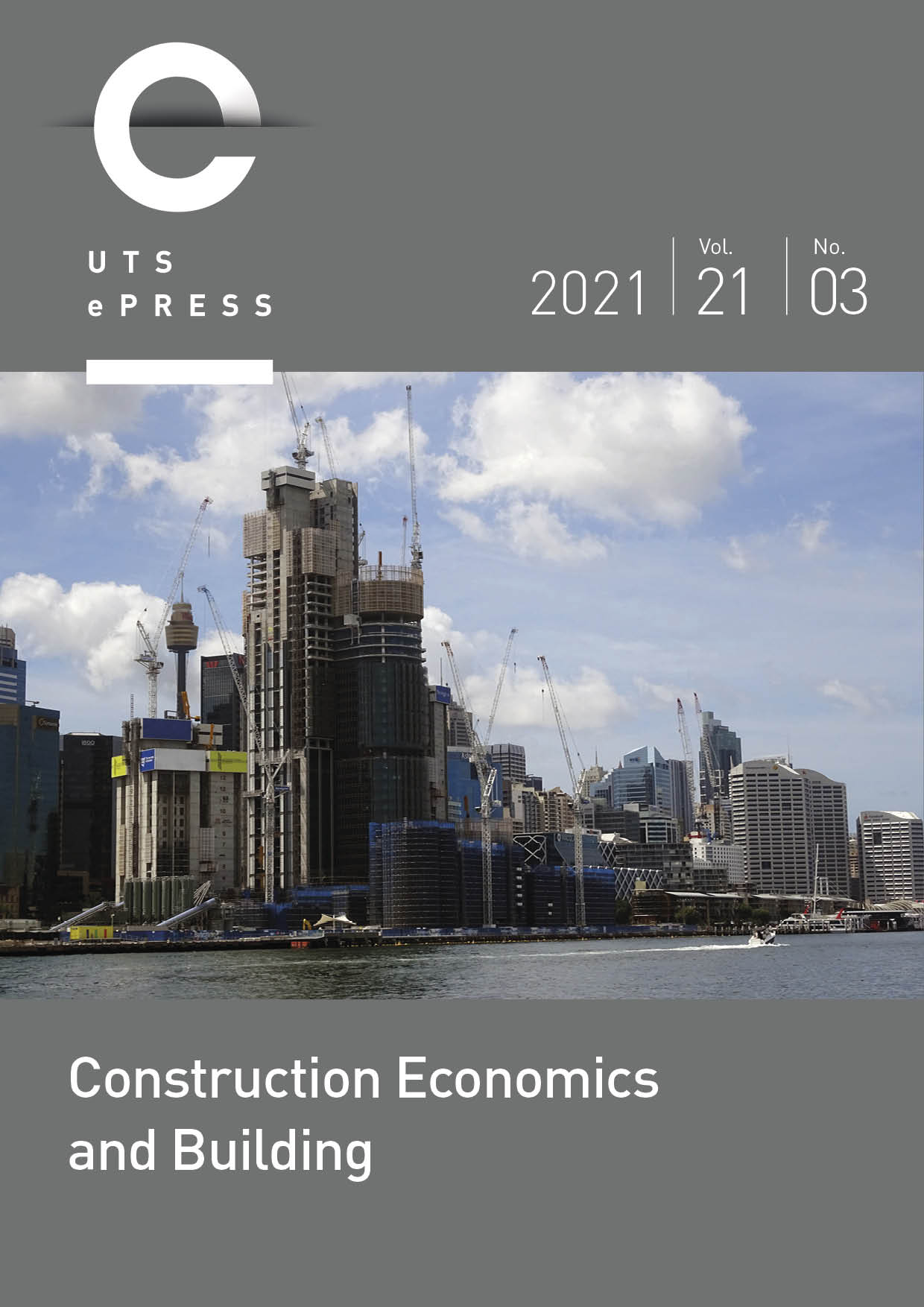Evaluating the Efficacy of a Dedicated Last Planner® System Facilitator to Enhance Construction Productivity
Main Article Content
Abstract
Construction unknowingly plans for poor levels of productivity with substantial waste, inefficiency, and rework stemming from a proliferation of non-value-adding activities embedded within traditional delivery processes. This approach negatively influences construction’s economic and environmental sustainability. Last Planner® System (LPS) is a key tool of Lean Construction (LC) and is lauded as a value-add process that prioritises flow efficiency by addressing workflow variability and waste elimination on construction projects. This research evaluates how the presence of a dedicated knowledgeable and competent LPS Facilitator, enabling a complete LPS implementation, contributes to improved construction flow, efficiency, and productivity.
The study adopted a mixed-methods approach utilising case study design and data collected from a literature review, site observation diary, site documentation analysis, and semi-structured interviews. Limitations exist around small survey size, lack of generalisability, and potential bias of researchers. Findings posit considerable productivity increase; more reliable, predictable, and stable workflow; enhanced team collaboration; as well as accrual of safety, quality, cost, and schedule benefits. Embedding a knowledgeable and competent LPS Facilitator appears to assist successful implementation of LPS with sectoral and societal value-add opportunities.
Article Details
Section
Authors who publish with this journal agree to the following terms:
a) Authors retain copyright and grant the journal right of first publication with the work simultaneously licensed under a Creative Commons Attribution License that allows others to share and adapt the work with an acknowledgement of the work's authorship and initial publication in this journal.
b) Authors are able to enter into separate, additional contractual arrangements for the non-exclusive distribution of the journal's published version of the work (e.g., post it to an institutional repository or publish it in a book), with an acknowledgement of its initial publication in this journal.
c) Authors are permitted and encouraged to post their work online (e.g., in institutional repositories or on their website) prior to and during the submission process, as it can lead to productive exchanges, as well as earlier and greater citation of published work (See The Open Access Citation Advantage Service). Where authors include such a work in an institutional repository or on their website (ie. a copy of a work which has been published in a UTS ePRESS journal, or a pre-print or post-print version of that work), we request that they include a statement that acknowledges the UTS ePRESS publication including the name of the journal, the volume number and a web-link to the journal item.
d) Authors should be aware that the Creative Commons Attribution (CC-BY) License permits readers to share (copy and redistribute the work in any medium or format) and adapt (remix, transform, and build upon the work) for any purpose, even commercially, provided they also give appropriate credit to the work, provide a link to the license, and indicate if changes were made. They may do these things in any reasonable manner, but not in any way that suggests you or your publisher endorses their use.
